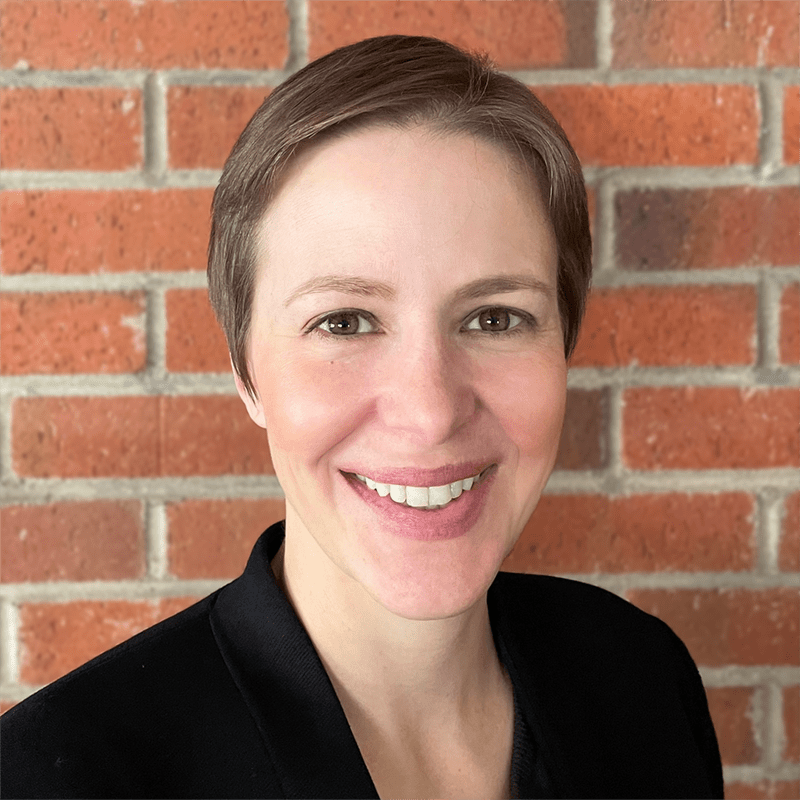Our dedicated staff bring their diverse perspectives, experiences and expertise to CCLP’s mission every day. To reach our legal department, call 303-573-5669 ext. 304. For media inquiries, please dial extension 311.
Lydia McCoy
Chief Executive Officer
Areas of expertise:
Organizational strategy and leadership, nonprofit management, coalition-building and community engagement, public policy advocacy, advancing inclusion and equity.
Bethany Pray Esq.
Chief Legal and Policy Officer
Areas of expertise:
Regulatory and administrative law; medicaid eligibility, benefits and services; due process protection for benefit recipients; behavioral health parity in public and commercial health coverage
Bruce Barnum
Partnership Advancement Director
Areas of expertise:
Community engagement, organizational development and strategy, grant writing, events and fundraising campaigns
Charles Brennan
Income and Housing Policy Director
Areas of expertise:
Quantitative research and data analysis, geographic information systems, housing and urban development, data visualization
Milena Castañeda MSW
Policy Fellow
Areas of expertise:
Health equity, state benefits, Indigenous rights, immigration, racial justice, mental/behavioral health & addictions, community engagement, advocacy
Karly Kaufman
Communications Coordinator
Areas of expertise:
Communications & marketing, social media, community engagement, gender politics, intersectional feminism, advocacy
Charlie Kestler
Policy Fellow
Areas of expertise:
Health equity, housing and homelessness, community-centered policy creation, medicaid access, systems change, advocacy, and community organizing
Anthony Lux
Communications Director
Areas of expertise:
Constituent engagement, marketing, outreach and strategic messaging
Andre Mansion PhD, JD
Associate Health Policy Director
Areas of expertise:
Mental health and substance use disorders, research methodology and data analysis, behavioral health care, marginalized populations and intersectionality
Sancia McLennon
Office Manager
Areas of expertise:
office management, paralegal, administration
Kesi Relyea
Operations Director
Areas of expertise:
Business operations, bookkeeping, human resources, IT support
Chaer Robert
Emeritus Advisor
Areas of expertise:
Coalition building, tax policy, workforce development, access to skills training
Morgan Turner
Community Engagement Director
Areas of expertise:
Community engagement, outreach, program planning and implementation, economic development, community-driven advocacy
Angelita (Angel) Vazquez
Senior Development Manager
Areas of expertise:
Fundraising, event planning, data management, community engagement
Katherine Wallat Esq.
Legal Director
Areas of expertise:
Community-based lawyering, civil litigation, equitable enforcement of legislation, administrative advocacy, facilitation and community education
Laura Ware
Advocate
Areas of expertise:
Policy advocacy, program design and systems integration, direct service delivery, digital equity, job training and workforce development, supportive housing, coalition building, community outreach





















